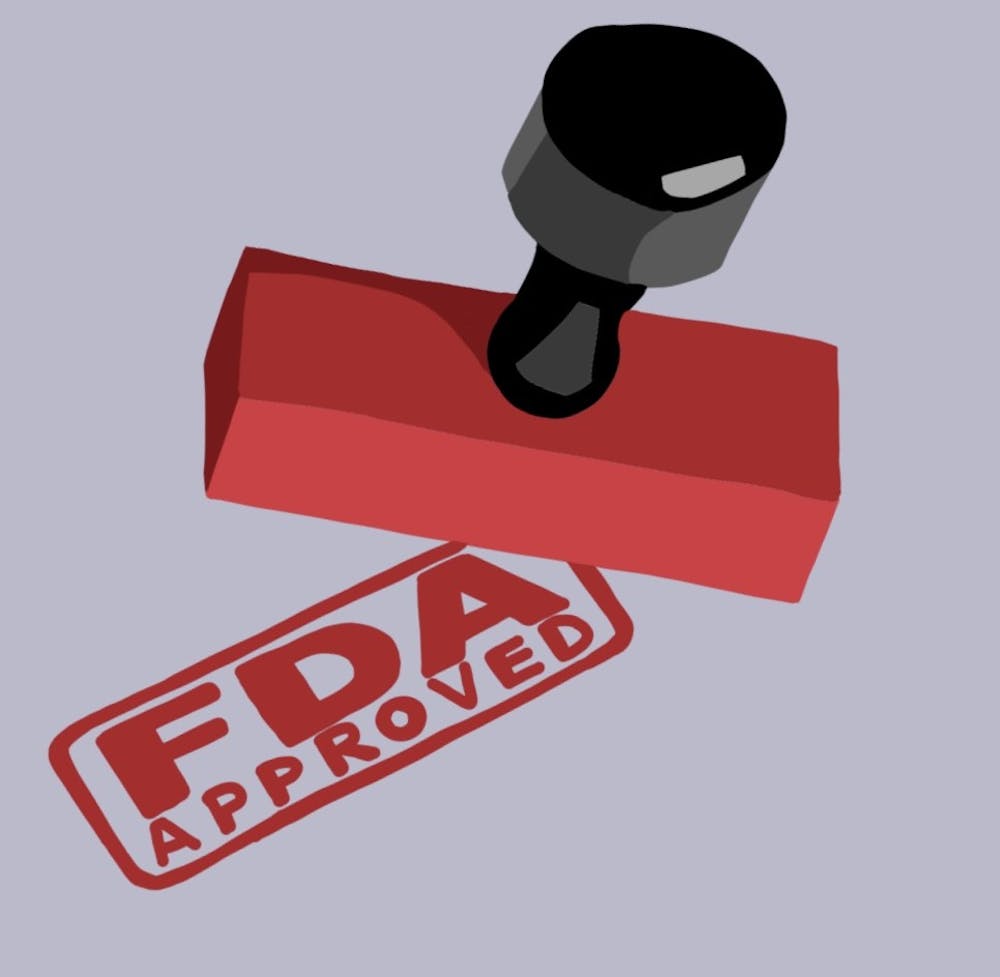As coronavirus cases continued to rise and nationwide rates staggered, the U.S. Food and Drug Administration announced convalescent plasma as an emergency-use authorization treatment for COVID-19 on Aug. 23. At that time, the FDA concluded that convalescent plasma looked to be a promising, safe and effective treatment for patients who have contracted the virus. Since May 5 of this year, trials on this method of treatment have already been conducted at the University.
Assoc. Prof. of Medicine Dr. Scott Heysell explains the reasoning behind the University's decision to study the effects of convalescent plasma, preceding the FDA emergency use authorization order.
“Our group of investigators and those caring for people with COVID-19 at U.Va. wanted to gather clinical trial level data including prospective virological, immunological and clinical responses in our own population to better understand the best use of convalescent plasma, the safety of its use in our patient population locally and to do so rigorously with the oversight that comes with clinical trials,” Heysell said in an email to The Cavalier Daily.
The idea for the Convalescent Immune Plasma Trial is to infuse purified convalescent plasma from patients who have recovered from the COVID-19 virus into hospitalized patients. The hope is that the injected plasma will possess the antibodies needed in order to boost an amplified immune response, fiending off the virus and treating the patient.
“Remarkably, tens of thousands of people have been treated with convalescent plasma outside of clinical trials in the U.S. and as a consequence, we still do not know if it is of superior benefit to other therapies, and if so, in what specific patient populations,” Heysell said. “The emergency use authorization by the FDA will make acquiring this important clinical knowledge even harder.”
The study also held a specific inclusion criteria for patients, meaning it was not a randomized study in which subjects are randomly placed into separate groups with different treatments in order to measure responses. Instead, for the study, patient enrollment was restricted to those early enough within the course of illness to not be placed in the hospital or ICU setting.
“U.Va. is in the process of determining how to use convalescent plasma in those patients that are not otherwise eligible or that decline our other ongoing clinical trials,” Heysell said.
As of mid-August, 32 patients have been enrolled in the study. Patients are continually followed up with, as the study is designed to reduce risk and admittance of COVID-19 ICU patients to 25 percent, when historically, patients who get to that certain level of severity with COVID-19 will obtain admittance into the ICU 50 percent of the time. The data and patient follow-up documentation is under current analyses.
Prof. of Medicine Lawrence Lum details the scope of the clinical trials.
“The study was not powered statistically to do a large trial,” Lum said in an email to The Cavalier Daily. “It was designed as a single arm phase II clinical trial to determine if there might be a large change in response to convalescent immune plasma infusions and to determine if infusions of plasma would alter patient immune systems.”
Although not contacted by the FDA directly, the University will still report their findings to peer-reviewed journals and public repositories. The University was originally conducting their trial not through FDA authorization, but instead under the Expanded Access Protocol program, which allows for investigational use of a drug with the intent to diagnose, monitor or treat a specific disease.
Jeffrey Sturek, assistant professor of medicine who specializes in pulmonary and critical care, says the effectiveness of the study is to be determined, based on the limited analyses the University has.
“All the evidence so far that has been reported [from the study] really depends on how you interpret the evidence,” Sturek said. “Looking at the aggregate of the evidence from the clinical trials, so far, says that it is probably safe and it may be effective, and if it is effective, it’s probably more effective if you give plasma that has higher counts of antibodies and more neutralizing antibodies for COVID-19.”
In the treatment of 29 evaluable patients, results look encouraging, yet final analyses have yet to be determined. To the extent the FDA or other clinical domains of public health will utilize the University’s findings remains unknown.
“The FDA announcement came after we had finished enrolling our patients, so it did not affect our enrollment,” Lum said. “The U.Va. research protocol data was not submitted to the FDA for a decision, and the numbers of patients done in our trial, again, are too small to drive approval/disapproval decisions. In fact, there are no randomized phase II clinical trials that have been shown to be effective at driving an approval decision.”
Although the emergency use authorization came after the University study ended, the University continues to amass data and draw conclusions from the relatively small number of patients studied. Final results have yet to be published, but the protocol results show it is not toxic to be treated with convalescent plasma transfusions.
“Thanks to caring, focused, supportive, enthusiastic, dedicated and compassionate leadership, and team effort and spirit … on the COVID-19 unit, blood bank staff and laboratory staff, this study was conceptualized, submitted for all of the regulatory approvals and completed in 3.5 months,” Lum said.







